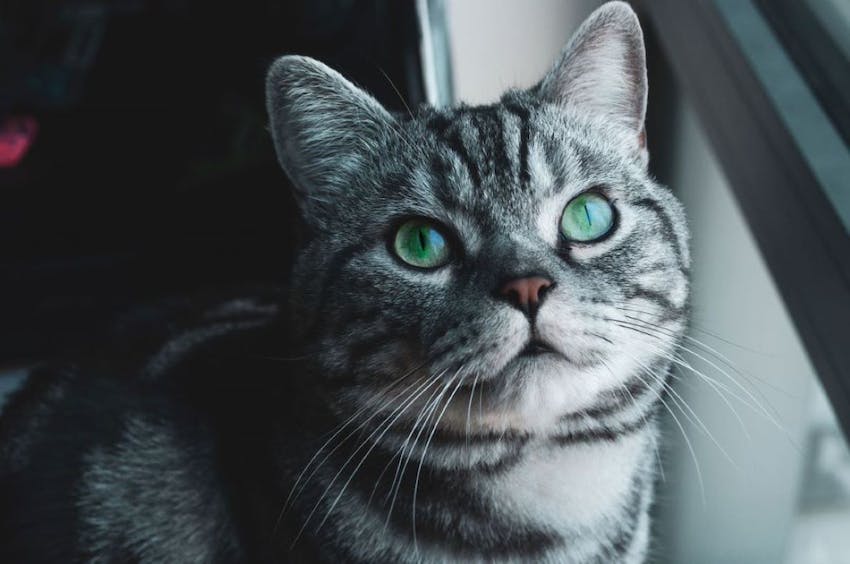Ready to help treat your pet to a healthy life?
What You Need to Know About Pet Insurance Birthday Pricing Before Buying
By : Brianna Gunter | Published Jan 20, 2023

When shopping for pet insurance, it’s tempting to go with the plan that comes with the lowest monthly cost. But what if you were to discover that this price would go up automatically as your pet ages — regardless of whether you filed a claim? This scenario is very common in the pet insurance world. In fact, it even has a name: birthday pricing.
Don’t panic. It is possible to get pet health insurance without birthday pricing. That’s why it is so important to do your research before buying.
Why is birthday pricing so commonly practiced though, and what else could cause your monthly costs to increase? Learning the answers to these questions can help save you from some unwelcome surprises, especially when it comes to budgeting for your pet’s health care.
How does birthday pricing work?
When you sign up for pet health coverage, you will be given a monthly (or sometimes annual) cost that you will pay to maintain that coverage. This price is subject to change. With birthday pricing, the concept is simple — your pet’s coverage cost goes up every time they have a birthday.
Providers who use this practice often justify it by saying that a pet’s health risk naturally increases the older they get. However, the truth is that dogs and cats can get sick or injured at any age.
Naturally, birthday pricing can be frustrating to pet owners because it penalizes dogs and cats simply for getting older, whether or not they have had an injury or illness. These automatic increases can also cause your rates to more than double over time.
Other factors that can raise your monthly cost
It’s normal for your monthly pet health coverage rates to go up throughout their lifetime due to a variety of factors:
- Economic inflation
- Changing veterinary care costs / Operational costs
- Your pet got sick or injured (some companies will raise your rates based on how often you are using coverage)
- Switching insurance providers after new health conditions have appeared
- Loss of an existing discount (it can be tempting to choose a plan that starts at an extra low rate, but be careful — these discounts are often temporary)
According to the North American Pet Health Insurance Association (NAPHIA), pet insurance premiums have risen 24% each year since 2016 alone. This largely coincides with a rise in veterinary care spending, which went from $13 billion in 2010 to over $30 billion in 2020.

What pet insurance doesn’t rates increase because of age?
Most pet insurance providers do use birthday pricing, but Trupanion does not practice this at any stage in your pet’s life. Instead, your monthly cost with Trupanion is set in accordance with their age at enrollment along with typical veterinary costs for your pet’s breed and location.
That’s not saying your price won’t ever increase — as veterinary costs go up, so will the costs to insure your pet. For example, your price may be adjusted from time to time if the claims experience of your pet’s cohort (your pet’s group of similarly situated pets) changes from what it was when you signed up. But unlike other insurance providers, your price will never change just because your pet has a birthday, or if you file claims.
Learn more about Trupanion’s pricing philosophy.
Switching pet insurance plans as pets get older
Some pet parents may assume that if their monthly pet insurance fees go up, the easiest solution would be to just switch to a new plan. However, this decision can come with its own hidden pitfalls. Since most pet insurance providers do not cover pre-existing conditions (illnesses and injuries diagnosed or showing symptoms prior to enrollment), anything that was paid for previously by the old plan may not be covered by the new one.
This is why it is so important to evaluate pet insurance pricing methods carefully when comparing plans. By making the right choice upfront, you could end up saving yourself from a lot of trouble down the line.

Pet insurance birthday pricing isn’t the only thing to consider when shopping for coverage. Asking yourself these 10 questions can help you make an even more informed decision.
